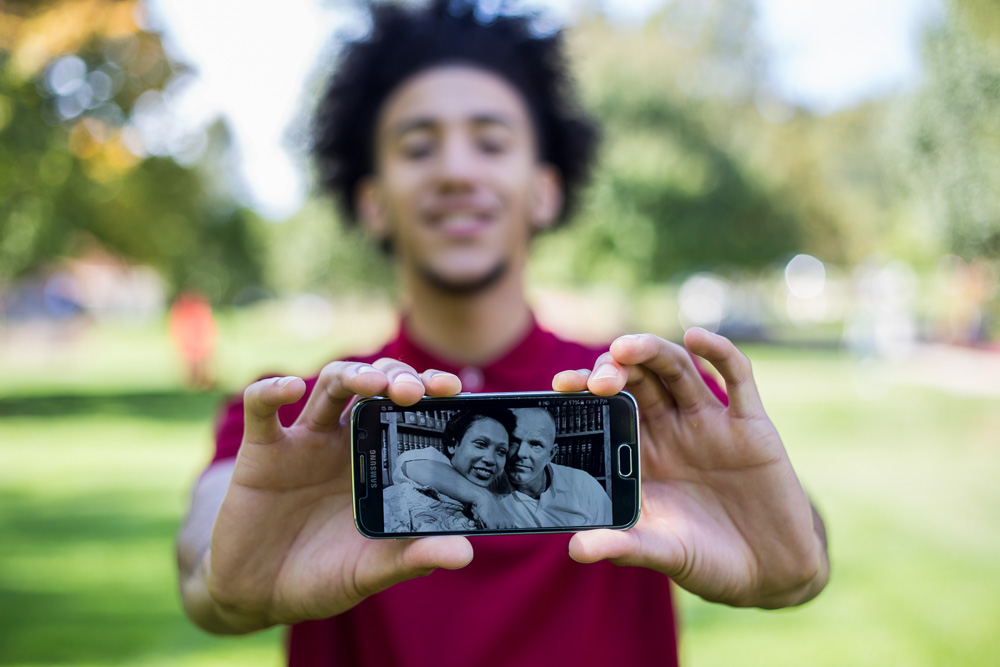In ‘Loving,’ an American story about a marriage worth fighting forPosted in History, Interviews, Law, Media Archive, United States, Videos, Virginia on 2016-11-17 01:32Z by Steven |
In ‘Loving,’ an American story about a marriage worth fighting for
PBS NewsHour
2016-11-15
A new movie, “Loving,” tells the real-life story of Richard and Mildred Loving, a Virginia couple who were arrested because interracial marriage was illegal in their home state. They appealed their case and won a landmark civil rights ruling at the Supreme Court. Jeffrey Brown speaks with director Jeff Nichols and others about how they brought the love story to the screen.
HARI SREENIVASAN: The film “Loving” opened nationwide over the weekend. It tells the true story of Richard and Loving, rural Virginians of different races who married in Washington, D.C.
On return to their home in Virginia, they were arrested for violating laws against interracial marriage. Their case eventually made it to the Supreme Court.
Jeffrey Brown has our story.
JOEL EDGERTON, Actor, “Richard Loving”: I’m going to build you a house right here, our house.
JEFFREY BROWN: “Loving” tells the real-life love story of Richard and Mildred Loving, a Virginia couple who married in 1958 in Washington, D.C., because interracial marriage was illegal in their home state…
Read the entire story here.





